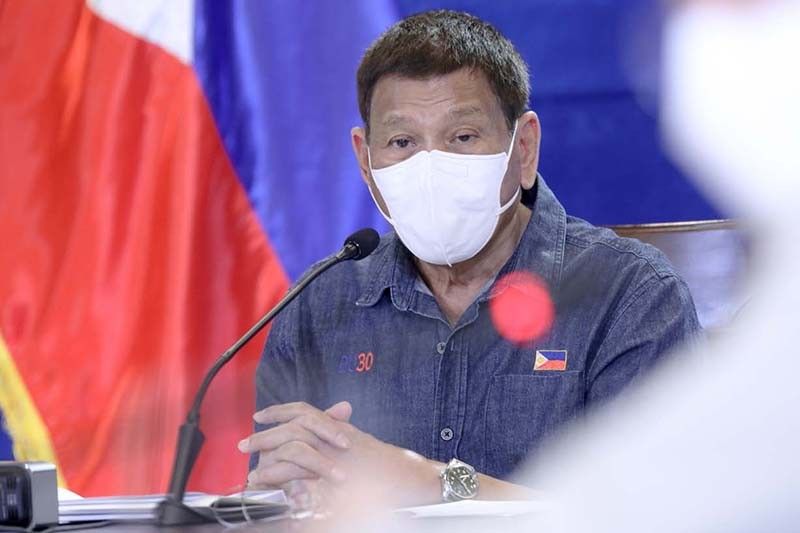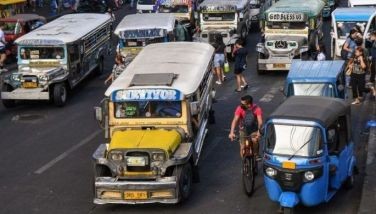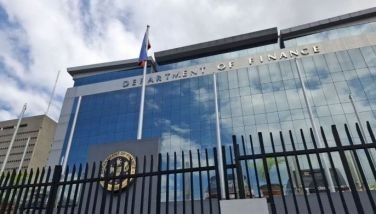Duterte lashes out at ICC, says he will only face Philippine court

MANILA, Philippines — President Rodrigo Duterte once again hurled tirades at the International Criminal Court, reiterating his administration will not cooperate with a possible investigation into the country’s deadly drug war.
In a televised public address Monday, Duterte called the ICC, which was set up in 2002 to probe the world’s worst crimes, “bullshit.”
“Why would I defend or face an accusation before white people? You must be crazy. They are colonizers before and they have not atoned for their sins against the countries that they invaded, including the Philippines,” Duterte said in a mix of English and Filipino.
The ICC is composed of 18 judges, with several judges coming from African, Asian and South American countries
The chief executive also said he wanted to “slap” judges at the ICC a week after its former chief prosecutor Fatou Bensouda asked the tribunal to authorize an investigation into drug war killings between 2016 and 2019.
Duterte said he will only face a Philippine court with a Filipino judge.
“I will readily face a court being accused in a Philippine court before a Filipino judge,” he said.
The ICC is a “court of last resort” and steps in and exercises jurisdiction only if member states are unwilling or unable to prosecute offenders.
In 2018, the Philippines withdrew its ratification of the Rome Statute, the treaty that established the ICC, after the court’s prosecutor launched a preliminary examination into the “war on drugs.” The government insists local courts are functioning well and can exercise jurisdiction over any complaints.
Presidential spokesperson Harry Roque, once considered a human rights lawyer, insisted The Hague-based court has no jurisdiction in the Philippines after the country’s withdrawal formally took effect in 2019.
But Bensouda said the tribunal could still investigate crimes committed while Manila was a member.
Official police figures acknowledge at least 6,000 deaths in anti-drug operations since July 2016. But human rights organizations estimate the number of people killed could be several times higher.
- Latest
- Trending


































